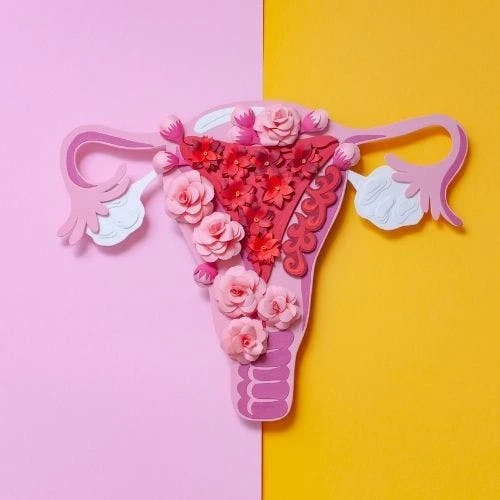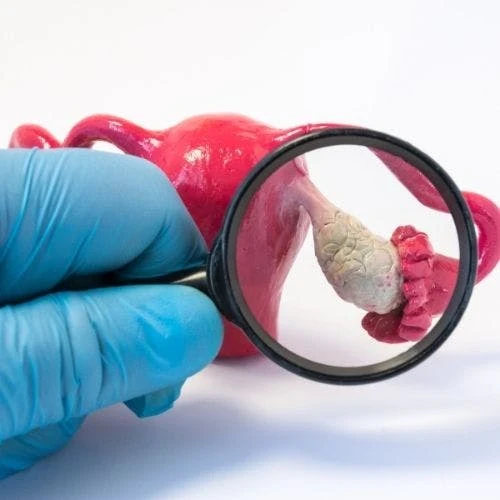Endometriosis Bloating: What is Endo Belly?
If you’re familiar with the condition Endometriosis, then you are probably aware of one of its symptoms: Endometriosis bloating. In fact, it’s one of the most common symptoms, to the point that people call it the “endo belly”.
For those who aren’t aware of endometriosis and the bloating associated with it, read on to find out.
What is Endometriosis?
Endometriosis is a condition that causes the endometrial tissue, which would line one’s uterus, to develop outside one’s uterus. This may cause chronic pain, infertility, as well as heavy or irregular periods. Those who have it have reported bloating and weight gain as well, among other uncomfortable symptoms.
More than 10% of reproductive-aged women are affected by endometriosis.
What is Endometriosis Bloating?
Endometriosis bloating, or endo belly is the term that describes the uncomfortable and painful swelling and/or bloating associated with the condition.
Causes and Symptoms
With endometriosis, the tissue located in places out of the uterus would act the way the endometrium does. It will build up and break down, bleeding every month, similar to your uterus lining.
However, the tissue won’t have a way to leave the body, so it becomes trapped. The tissue surrounding it becomes irritated and inflames, causing scar tissue to form. It may also cause tissue in the pelvis to stick together.
As mentioned, bloating and fluid retention are some of the more common symptoms of endometriosis. An older study showed that 96% of women with the condition have experienced belly bloating, compared to the 64% who don’t have the condition.
Related: Is My Vagina Normal? Plus A Female Anatomy Chart
· The buildup of the endometrial-like tissue may cause inflammation in and around your abdomen, resulting in bloating, swelling, and/or water retention.
· Endometrial-like tissue may cover and/or grow into your ovaries. The trapped blood may form cysts, causing the bloating.
· Women with endometriosis are more susceptible to small intestinal bacterial overgrowth and fibroids, conditions that may cause bloating.
· The condition usually causes digestion issues, including constipation and gas.
The main symptom of endometrial bloating is severe bloating, particularly during or before one’s period. This is when your abdomen will fill up with air or gas, looking larger. The belly may also feel tight and/or hard.
Such bloating may cause pain and discomfort, along with pressure on the back and abdomen. It may last for a few hours, or even days and weeks.
There are self-care measures you can follow to help reduce the pain and bloat, mainly improving your diet.
Make sure you avoid inflammatory foods and test out a low FODMAP diet, which can ease bloating and gas. It’s also best to increase your fiber intake, which prevents constipation, as well as drinking plenty of water.
However, if your endometriosis bloat gets so painful or happens frequently, lasting for long periods, it’s best to get checked with your doctor right away. They will find the reason behind your bloating, as there may be cysts, scars, or other issues that require medical intervention.
Hopefully, you found insight into what endometriosis bloating is and the ways to treat it. If you suspect you have endometriosis and suffer from bloating, do talk with your doctor about it to find the right solution. Stay healthy!
We discuss products we think are useful to people. If you buy something through our links, we may earn a commission. Remember to check with your personal physician to see if a product recommended is right for you.








